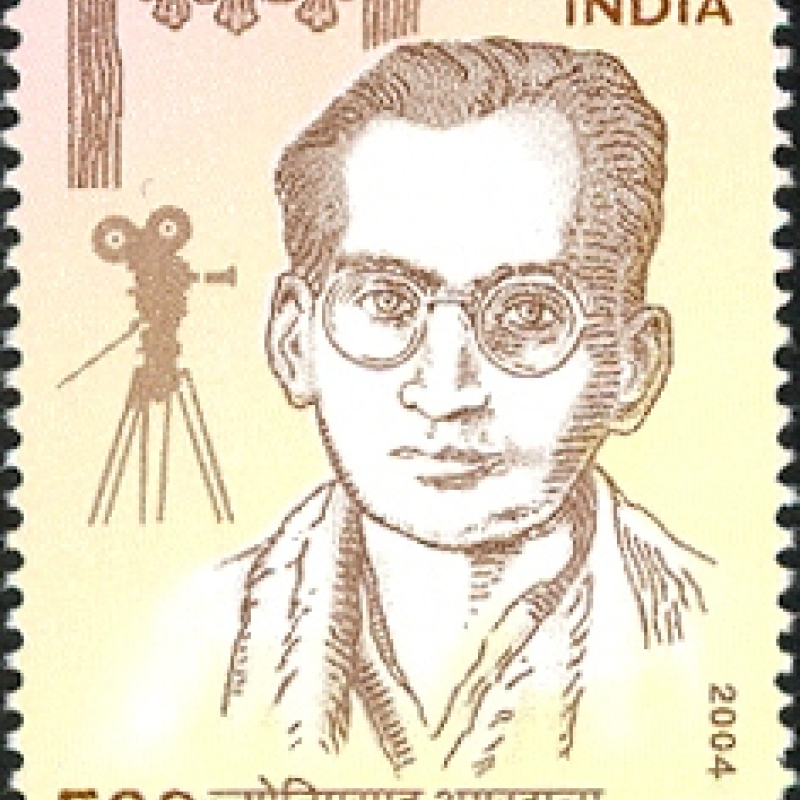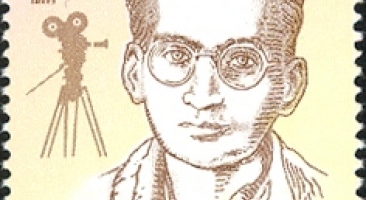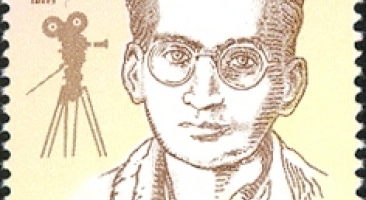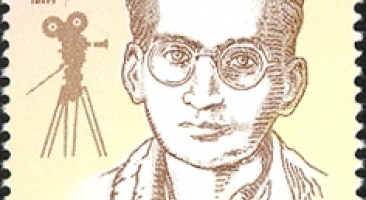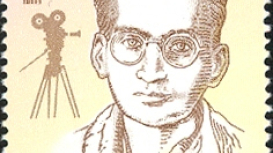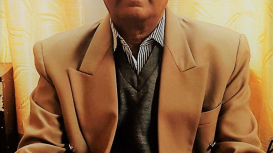Jyotiprasad Agarwala was born in 1903 to Kironmoyee and Paramananda Agarwala in Tamulbari, Assam. This was a time when momentous developments were taking place throughout the sociopolitical landscape of India. The freedom struggle against the British control of India was growing in strength. Following the Partition of Bengal in 1905, the spirit of swadeshi was gaining ground and soon precipitated in the form of anti-Partition agitations and the call for Swaraj (self-rule). From his early childhood, Jyotiprasad was exposed to nationalist ideas and his outlook was deeply influenced by them.
Jyotiprasad Agarwala’s familial background and the cultural environment of Tezpur during his formative years, combined with the impact of nationalist ideas and Western education, were important influences on his works. The idea of building a ‘modern’ Assam was a recurrent theme in his writings. He became one of the foremost advocates of a distinct Asomiya (Assamese) identity and worked towards the revitalisation of the culture of the Asomiya people. He did this through experiments in the fields of folk music, dance, arts and crafts. These concerns are also reflected in his literary works and cinematic endeavours. The influence of swadeshi ideas inherited from his family and his meeting with Gandhi in 1934, strengthened his resolve to carry through with his projects despite hardships. He set up his own film studio at the Bholaguri Tea Estate, created sets out of indigenous materials, used local forms of music and dance, and chose themes located in local history.
This module closely examines Jyotiprasad Agarwala’s music, cinematic vision, and his quest for an Assamese national identity. It also contains interviews with Satyashree Das, his daughter, and Prof. Amarjyoti Choudhury, Vice Chancellor of Assam Down Town University, who further shed light on his life and the context of his times.
